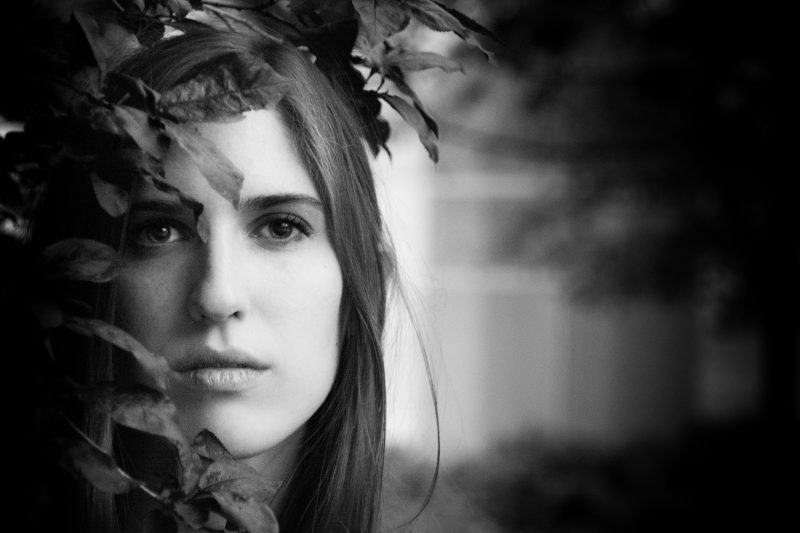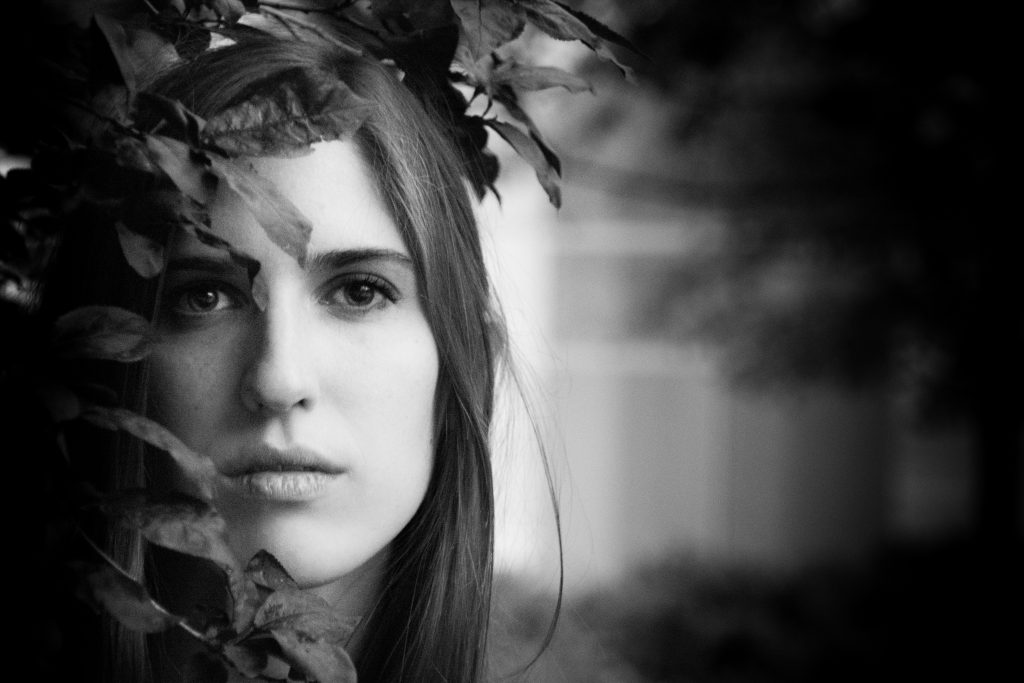But it Didn’t Seem Like Postpartum Depression
“It’s not uncommon to suffer from postpartum depression,” my infant’s pediatrician said to me during a routine checkup. “It’s nothing to be ashamed of.” Her tone was soft but her gaze was strong and I was certain she knew something was brewing inside me. The topic had come up after I vented about some of my frustrations.
She handed me a pamphlet on postpartum depression…the second or third she had given to me since Owen was born.
I nodded and placed my firstborn into his car seat carrier. “I’ll see you in two months,” the doctor said. “Oh, and enjoy him. Four month olds are so much fun!”
Fun? I thought to myself. What’s fun about this? At night he doesn’t sleep more than two hours at a clip, I was a nursing failure, he’s suffering from low muscle tone and we can’t figure out why I’m back at work and he’s in daycare all day and I just want to be with him.
That was the thing…I just wanted to be with him. As I re-read the postpartum depression pamphlet, I saw the same symptoms listed as I had read dozens of times before. Depression, sadness, inability to bond with the baby.
But that wasn’t me. I loved Owen with every aching bone in my body. He was the child I had longed for. The baby whose name I chose when I was just a kid myself. Some of the best moments of my life were spent watching him sleeping on my chest, breathing in his sweet baby scent and marveling at his long lashes. He was my everything.
What I didn’t know at the time, and wouldn’t realize until two years later, was that while I wasn’t suffering from postpartum depression, I was experiencing was postpartum anxiety. It hit me hard. And fast.
My best friend came to see me in the hospital the evening Owen was born but I couldn’t concentrate on our visit. I was laser-beam focused on the baby, who was swaddled and sleeping soundly. “He keeps gagging,” I repeated.
Emily assured me he was fine and that the nurses were monitoring him. I buzzed my nurse and she confirmed, again, that this was due to lung fluid and that this was normal. She suctioned his mouth to help clear his airway. But I didn’t think he was fine. I thought he was going to stop breathing. Several times I would fall asleep that first night, only to jolt awake from a nightmare of Owen choking to death. I had to keep watch over him and make sure he was ok.
Owen was a floppy baby. In my arms he didn’t feel the same way as other infants I had held in my life. By month two, we took him to a neurologist and had him tested for a variety of things, including muscular dystrophy. When all tests came back negative, we started physical therapy.
The doctors were pleased with his progress. But I lived in fear that he had a fatal genetic condition that would take him from me by his first birthday. It was on my mind constantly.
I managed to go back to work but I was frustrated and overwhelmed. I stopped caring about how I looked and attended meetings in my corporate office wearing wrinkled, ill-filling clothes and unkempt hair.
As time went on, not much changed. I was irritated all the time and just assumed it was part of motherhood. Nothing my husband did was ever “right” (and looking back on it, he was handling most everything). “We should just get divorced,” I’d callously say nearly every day. He was frustrated, too, but he kept pushing on and tried not to stoke the fire inside me.
While I took care of the baby, I took care of nothing else. Not myself, the house, my marriage, friendships. Everything seemed like a monumental task. Making dinner while taking care of a newborn? Impossible.
I thought back to my high school and college days spent working at a daycare center after school and babysitting nearly every weekend. I took care of so many children – multiple children of different ages – by myself. I made dinner for them, put them to bed. And, yet here I was unable to boil pasta without feeling like everything was crashing down on me.
What was wrong with me? I was afraid to admit my concerns to my husband, let alone any doctor. I certainly didn’t feel like I was going to harm the baby or myself but I did feel angry and out of control. I thought they might institutionalize me or take Owen away from me if they knew. What kind of mother was I? I felt like a loser, a slob, worthless and weak. Who would let a baby stay with a mother like that? I was useless.
That first year was long and exhausting. When we reached his first birthday, the fog lifted slightly. Owen had hit all his milestones thus far at an average pace and would soon finish physical therapy. He was sleeping better and so I was, too. We were getting into a routine. As we blew out the candle on his birthday cake, I couldn’t help but feel like I was celebrating myself, too, for making it through.
Still, my anxiety was high and I was often on edge. I kept to myself at work and didn’t nurture any relationships. Over the next year my mood mellowed out and I started to feel like my old self again. That was when I realized I had experienced something very difficult and very dark.
When Owen turned two, his daycare teachers began asking when we’d have another. They meant well but it gave me pause. I always wanted more than one child but the thought of going through that again was unimaginable.
At my annual checkup, my OBGYN broached the subject. “Well…” I hesitated, before finally admitting that I had suffered terribly from postpartum anxiety. He smiled and put a hand on my shoulder. “I know,” he said.
He knew? All this time he knew? I suppose he could see it on my face, in my mannerisms, through our conversations. He couldn’t force me to get help, though. He could – and did – encourage me to speak to a mental health expert. In fact, he did prescribe me medication but told me it would need to be refilled by a psychiatrist. I filled the initial prescription, took one and threw out the rest. I never followed up with anyone.
“But you’re smarter now,” my doctor added.
I didn’t know what he meant by that. How was I smarter? I felt even more stupid. Here I was, suffering in plain sight for years. He knew it, my pediatrician knew it. And yet, I thought I was covering it up to the outside world.
We talked more about a potential future pregnancy. The chance of the postpartum anxiety reoccurring. There was a risk. “If…if I did have another I would see a psychiatrist prior and have medication ready if I needed it. I don’t ever want to feel that way again,” I told him.
“See?” he said. “You’re smarter this time.”
Eventually, when Owen was 3 ½, our sweet Wyatt was born. My mental health action plan was in place. And although I was prepared to deal with it (well, as prepared as I could be), thankfully, I didn’t suffer any postpartum-related issues the second time around.
Why am I telling you this? Because I want you to know that if you’re feeling drastically different after having a baby, it’s ok to admit it and there is help for you. Don’t chalk it up to parenthood and resign yourself to thinking this just how you are now. It doesn’t mean you’re a bad parent or weak. It’s a mood disturbance and there’s nothing you did to make it happen.
What you (or someone you love) are experiencing might not be the same as I went through. It might not be a bulleted symptom in a pamphlet the doctor hands you. You may be suffering from a different postpartum illness or something that’s unique to you. But whatever it is, you don’t need to live like that. You’re worth it. You’re loved.
Writer, creative thinker, storyteller, journalist, and socially awkward, introverted mother of two extroverted boys. Follow her on Twitter and read her blog.









Leave A Comment